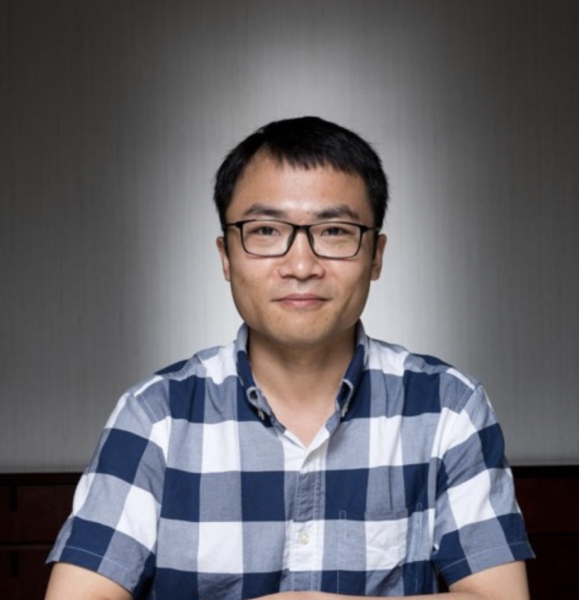
- This event has passed.
SEMINAR: Reprocessing and Recycling of Thermosets and their Composites for Sustainable Development
February 21, 2020 @ 11:00 am - 12:00 pm
Abstract:
Thermosets with permanent crosslinking networks have been extensively used in high-performance applications requiring thermal stability, chemical resistance, and structural integrity. However, they are extremely hard to be reprocessed and recycled using conventional methods, leading to ever-increasing contaminations in the waterways, wildlife, and human bodies. Covalent adaptable network (CAN) polymers can rearrange their macromolecular chain network by bond exchange reactions (BERs) with a simple stimulus (e.g. heat, light), which attribute to unusual properties that are not seen in conventional thermosets. For example, with the external loading, the network internal stress can be gradually released due to the chain cleavage, which enables the thermoforming, remolding, and reprocessing of polymer components into different shapes or functionalities. When two pieces of active DPs are attached, the polymer chains would diffuse onto the interface and connect. The interfacial welding enables the damaged polymer components to be fully repaired. Finally, primary recycling of DPs can be realized using low-toxic organic solvents under mild temperature, in which the small molecules diffuse into the network, break the dynamic bonds on the backbone, and eventually decompose the network. Re-polymerization occurs via heating to remove the solvent molecule. Overall, the remarkable properties of CANs have great potential to eliminate the polymer waste generation in a closed-loop lifecycle. In this seminar, I will introduce our recent works on CANs, which will include i) the reprocessing of thermosets with permanent shape changes, ii) repairing of thermosets based on the interfacial welding, and iii) recyclable 3D printing of thermosets and their composites based on the network decomposition and recycling. Multiscale chemomechanics theories and computational simulation approaches are developed to understand the evolution of network structure and material properties during the material processing and assist in the rational design of processing conditions and material systems.
Biography:
Dr. Kai Yu currently is an assistant professor in the Department of Mechanical Engineering at the University of Colorado Denver. He got his Ph.D. degree in the George W. Woodruff School of Mechanical Engineering at Georgia Institute of Technology in the August of 2015. Prior, he was studying in the University of Colorado Boulder and received his Bachelor’s degree in Engineering Mechanics from Harbin Institute of Technology (China) in 2008. Dr. Yu’s research falls in the area of mechanics of active network polymers and design of their applications based on 3D printing. Particularly, he is interested in understanding and modeling the evolution of material structure and mechanical properties of these materials under various environmental stimuli and during material processing. The ultimate goal of the constitutive modeling is to integrate with finite element through user material subroutines so that these models can be used to solve complicated 3D multiphysics problems involving nonlinear mechanics. Dr. Yu’s research has been funded by the NSF, Sandia National Lab, Xtremity Medical Company, and Pac-12 Football Association.

